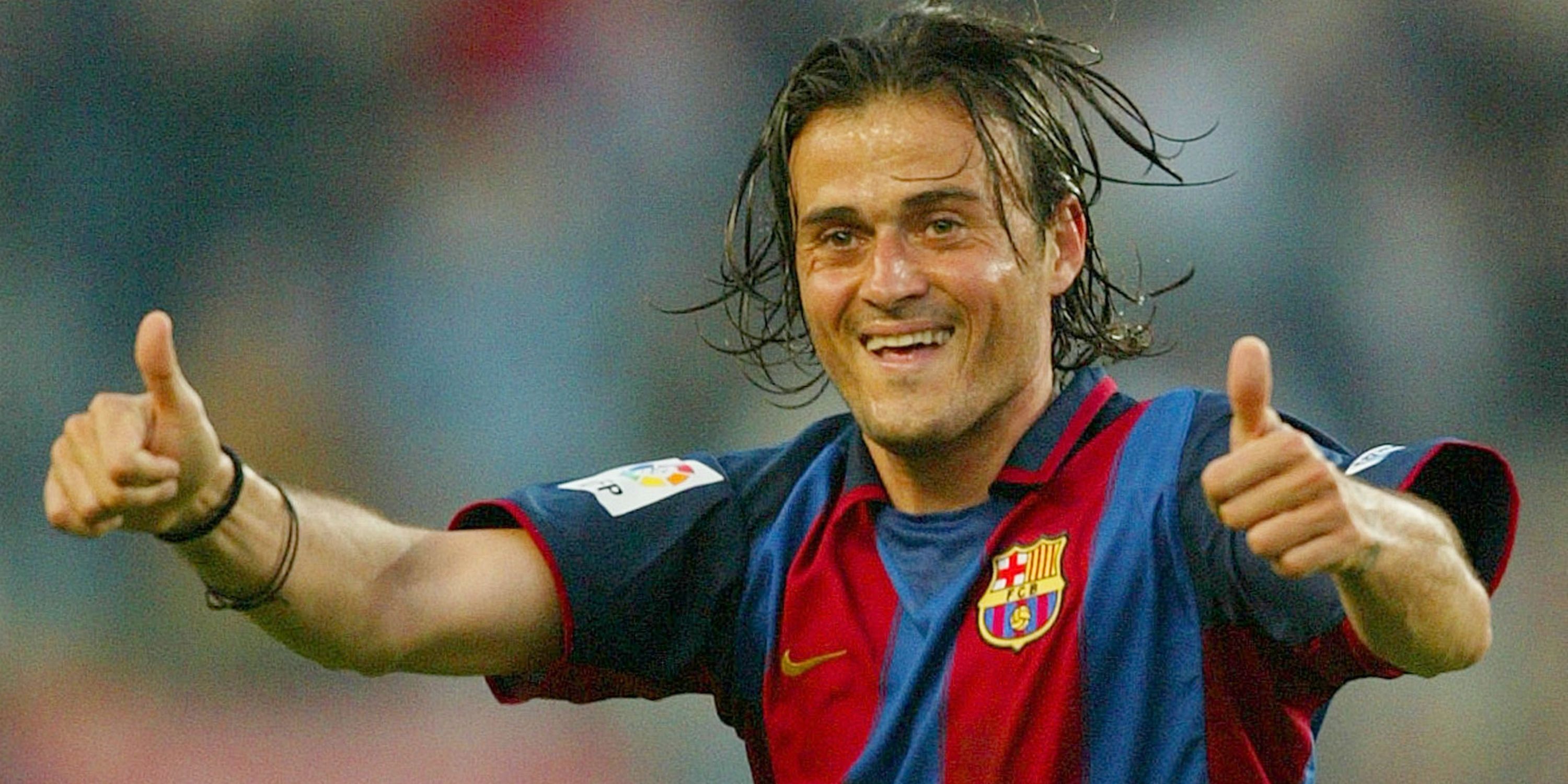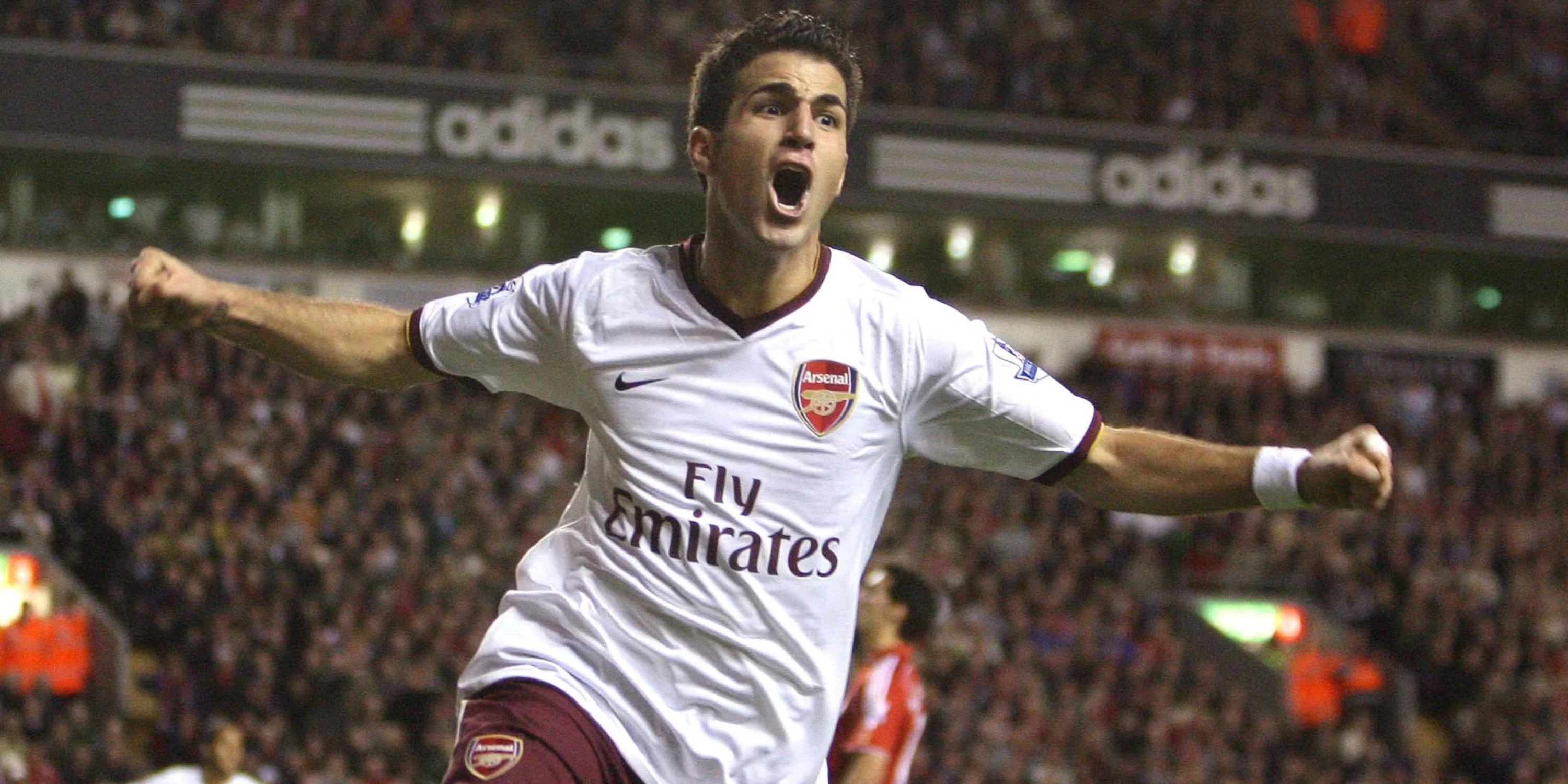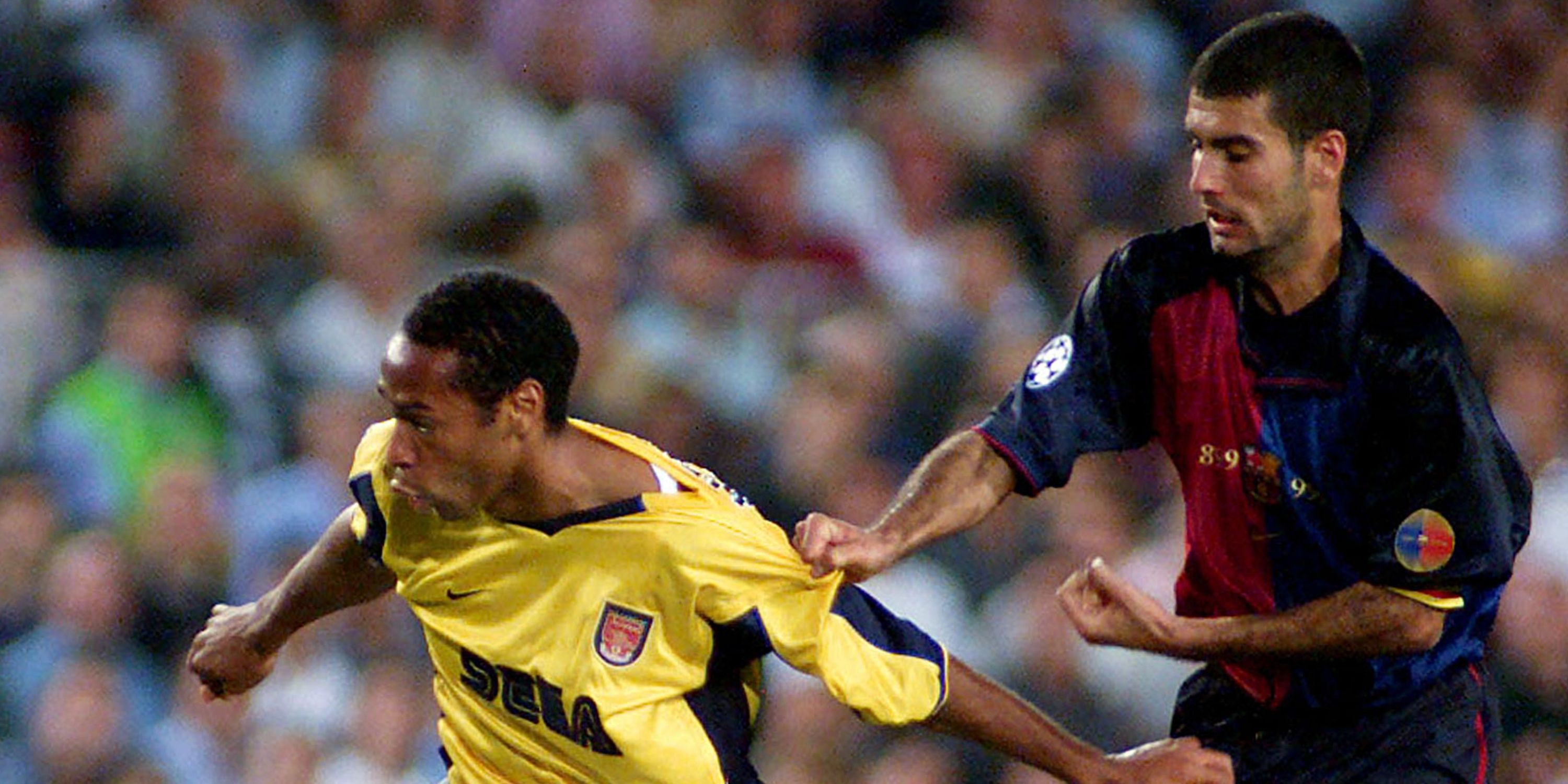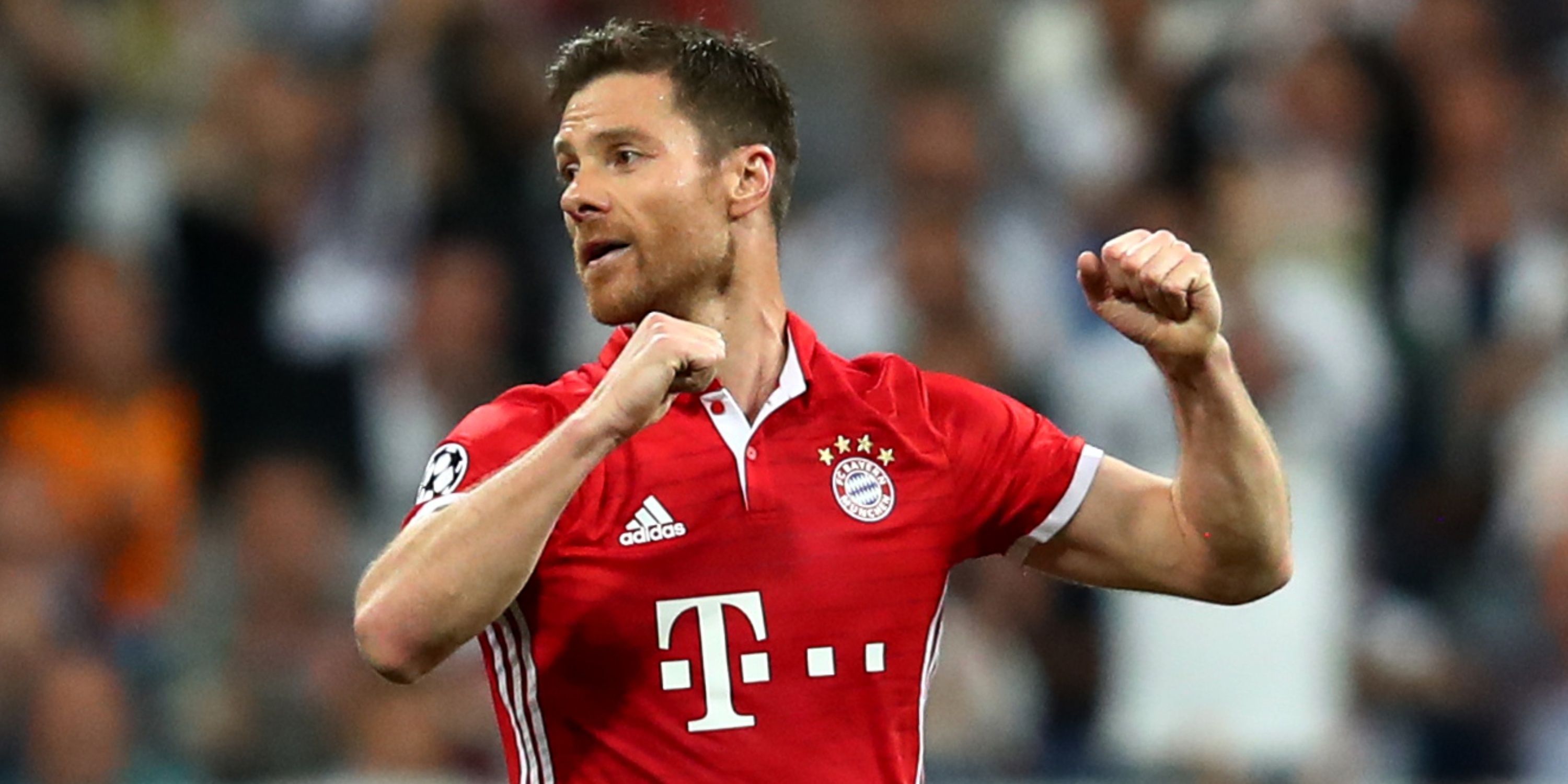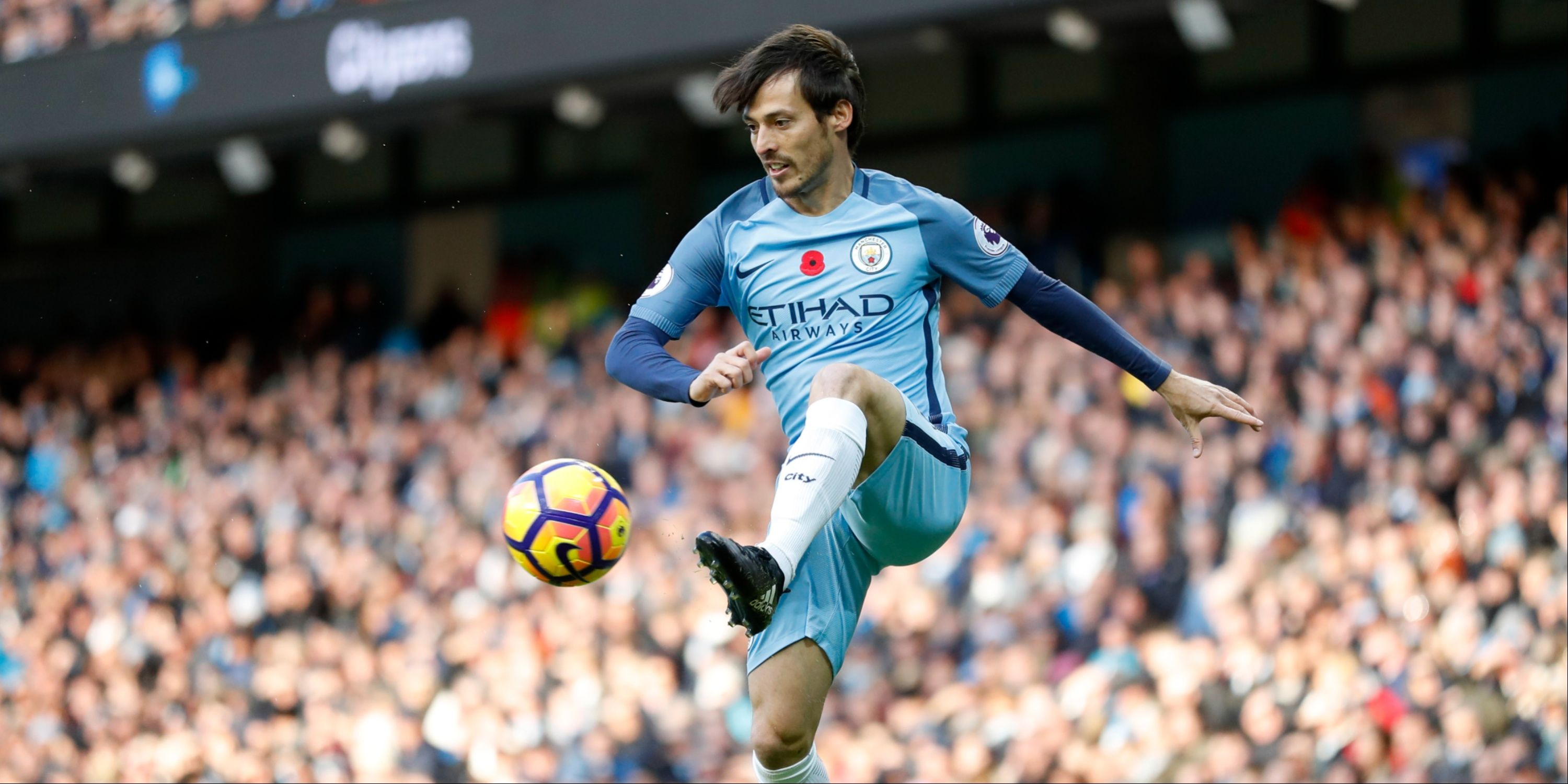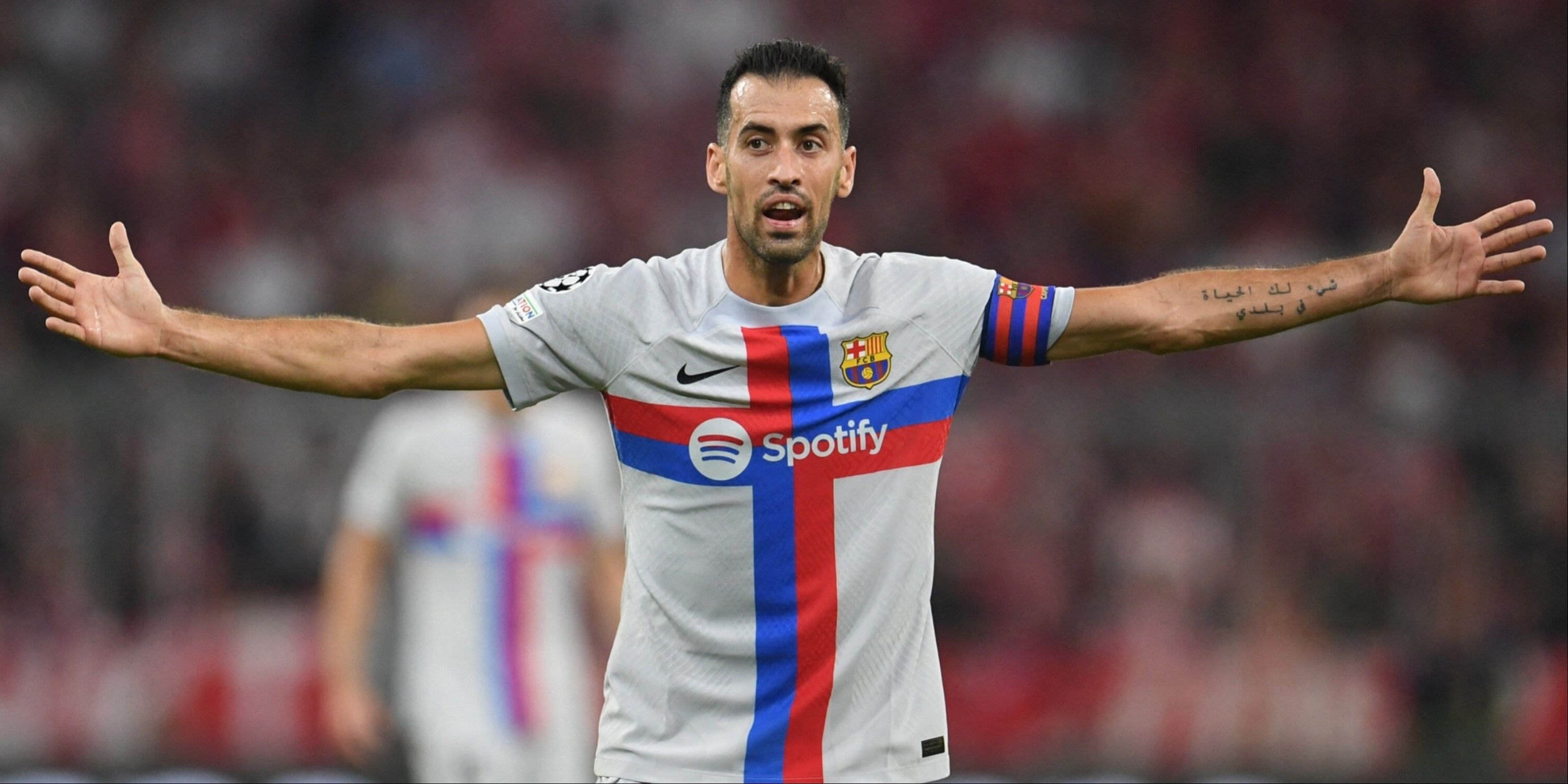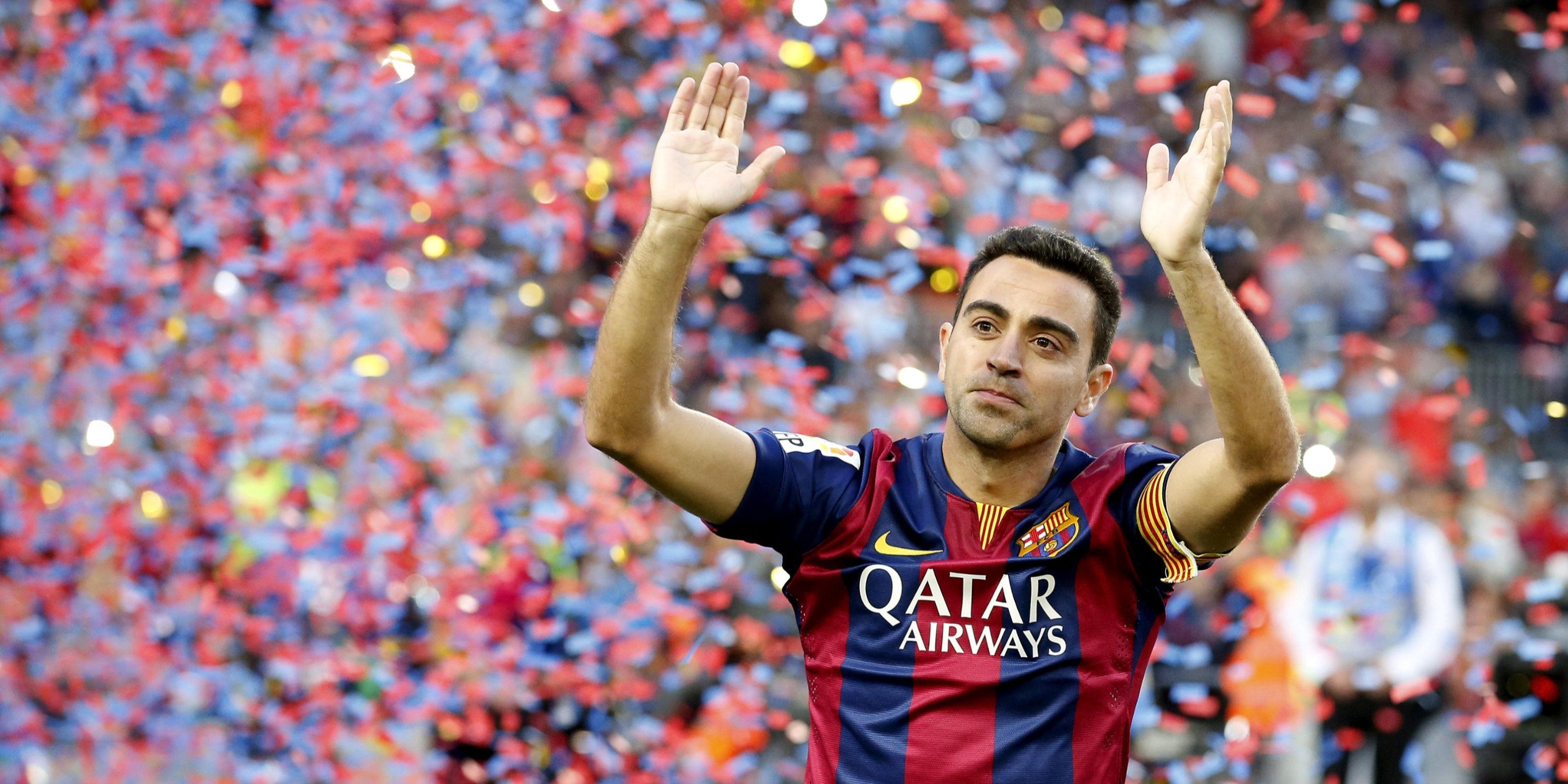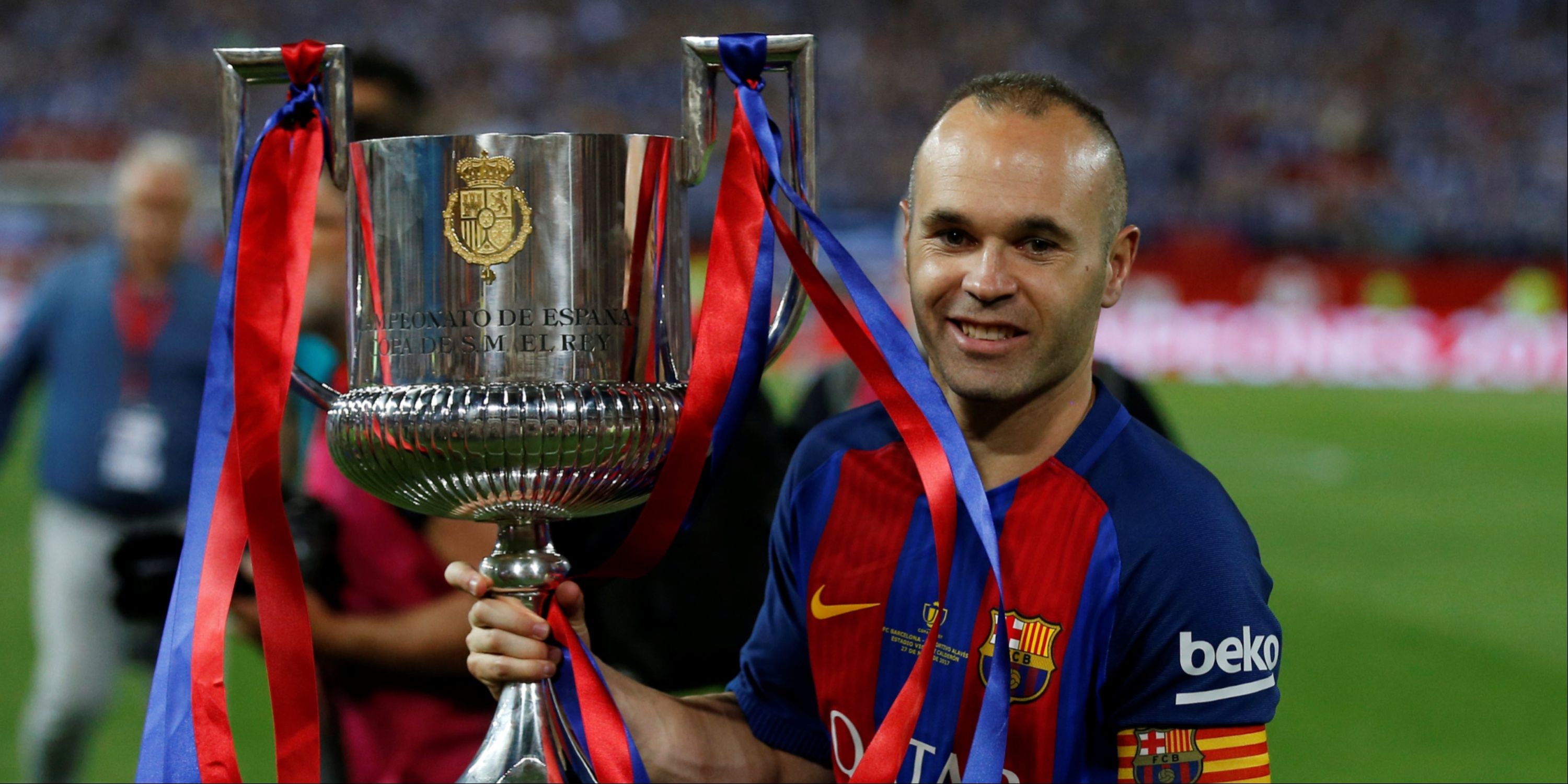HIGHLIGHTS
- Spain has produced many great footballers, with some of the best talents operating in the middle of the park.
- With World Cup-winning icons, Premier League stars and Champions League legends, there are many special Spanish midfielders.
- Those who played for Barcelona dominate the list but there are some past Real Madrid stars too.
When you think of artistry on the pitch, you think of Spain. When you think of control, of creativity, you think of Spain. It is a nation which has a remarkable habit of creating the game’s greatest technicians. In Spain, football is more than a sport. It is a form of expression, of communication. Nobody does it quite like the Spanish.
The area of the pitch which requires the most control, expression, and communication is the midfield, and no other nation in the world can say that they have produced the same quantity and calibre of midfielders as La Roja. With that said, ten of the very best have been ranked.
Ranking factors
- International achievements (honours, appearances, goals, assists, etc)
- Club achievements (honours, appearances, goals, assists, etc)
- Individual awards
- Legacy within football
| The Greatest Spanish Midfielders in Football History | ||
|---|---|---|
| Ranking | Player | Career span |
| 10 | Luis Enrique | 1988 – 2004 |
| 9 | Cesc Fabregas | 2003 – 2023 |
| 8 | Josep Guardiola | 1988 – 2006 |
| 7 | Xabi Alonso | 1999 – 2017 |
| 6 | Josep Samitier | 1917 – 1939 |
| 5 | David Silva | 2003 – 2023 |
| 4 | Sergio Busquets | 2007 – |
| 3 | Luis Suarez | 1953 – 1973 |
| 2 | Xavi Hernandez | 1997 – 2019 |
| 1 | Andres Iniesta | 2000 – |
10Luis Enrique
Career span: 1988 – 2004
Kicking us off is the first of several players on this list to have had distinguished careers as both players and now managers. Luis Enrique is perhaps one of the lesser-known members of the exclusive club of players to have represented both Real Madrid and Barcelona, joining the latter on a free transfer in 1996 and going on to become captain of the Catalan club.
Not necessarily the archetypal Spanish midfielder in terms of playing style, Luis Enrique was valued for his leadership, tenacity, and versatility, being utilised in a multitude of positions, but most commonly as a box-crashing attacking midfielder with an eye for goal.
9Cesc Fabregas
Career span: 2003 – 2023
Undoubtedly one of the most gifted midfielders of his generation, Cesc Fabregas rose through the ranks at Barcelona, idolising then-captain and Josep ‘Pep’ Guardiola, who he would go on to play under for a season upon his return to the club in 2011.
It was at Arsenal, however, where Fabregas would truly make a name for himself. He joined the Gunners in 2003, the same year in which he won the Golden Ball and Golden Boot at the U17 World Cup, as he soon became one of the world’s most exciting young prospects.
His move to England at a young age was a courageous one, with the Premier League at that time renowned for its physicality. Fabregas’ best qualities were his technical proficiency, so many were therefore sceptical of his early performances, but the now 36-year-old soon flourished into one of the Premier League’s great play-makers.
Fabregas’ talents were recognised when he was named Golden Boy in 2006, an award for the best-performing player under the age of 21 that calendar year. That same season he was voted Arsenal’s Player of the Season at just 19, and the following campaign, the Spaniard was named as the PFA Young Player of the Year. In 2014, Fabregas returned to England with London rivals Chelsea, twice winning the Premier League with the Blues and the FA Cup in his penultimate season with the club in 2017/18, retiring with the second-most assists in Premier League history.
8Pep Guardiola
Career span: 1988 – 2006
Better known for his unrivalled managerial success, Pep Guardiola, was also a fine footballer in his playing days, making 384 appearances for Barcelona across eleven seasons before spells in Italy, Qatar and Mexico. As a player, Guardiola was also hugely influential, making the pivot role his own in Johan Cruyff’s Dream Team of the early to mid-1990s and laying the path for players such as Sergio Busquets and Rodri, now the indispensable heartbeat of his dominant Manchester City side.
An elegant, disciplined and intelligent deep-lying midfielder, Guardiola was fondly regarded by Cruyff, and became a vital cog in the team that won four successive Spanish league titles, and in 1992, the club’s first European Cup.
7Xabi Alonso
Career span: 1999 – 2017
From a player with an immense standing in the game, to a young coach already creating history, Xabi Alonso, having recently guided Bayer Leverkusen to their first-ever Bundesliga title, just pips Pep to seventh. Another to have played under Guardiola, during their time together at Bayern Munich, the 42-year-old was a very different type of defensive midfielder to the City manager. An industrious, dogged midfielder, the Basque-born Alonso is best known for his impressive passing range and effortless raking through balls and switches of play.
Having started out at his boyhood side Real Sociedad, Alonso rose to global fame at Liverpool, winning the Champions League in his first season on Merseyside and scoring the equalising goal in the iconic Istanbul final against AC Milan. After several successful years in Red, Alonso returned to Spain with Real Madrid, totalling a career-high 236 appearances across all competitions. For his national side, Alonso featured at five major tournaments and played a vital role in Spain’s dominant spell winning three consecutive international tournaments. His 114 appearances for La Roja, make him the eighth most capped player in his country’s history.
6Josep Samitier
A name from years of old, Josep Samitier was one of football’s first true entertainers and one of the most important players in Spanish football history. Blurring the lines between the surrealist art movement of the time and football, Samitier defied logic and drew in record crowds for his balletic, performative displays, earning the nickname L’home llagosta (the Lobster Man) for his acrobatic efforts in front of goal.
Samitier, the star of FC Barcelona’s first era of dominance in the 1920s, pioneered what would now be regarded as the box-to-box midfield role, almost levitating from one end of the pitch to the other, becoming the first true midfield general in Spanish football history.
The Catalonian also had an incredible eye for goal, and at the time of his retirement, was the club’s record goal scorer with 187, a total that now puts him 5th. In a glistening 15-year career with first Barca and then Real Madrid, Samitier won twelve Campionat de Catalunya titles, five Copa del Rey trophies and the inaugural La Liga in 1929. In 1945 he returned to the Blaugrana as manager, guiding them to their first La Liga title since 1929, before again switching allegiances and playing his role as a scout in Real Madrid’s controversial acquisition of Alfredo di Stefano.
5David Silva
Career span: 2003 – 2023
Like Fabregas before him, David Silva’s own impeccable technique and elegance on the ball elevated the Premier League to another level – making him arguably the greatest Spaniard to ever play in England. The diminutive left-footer had already gained a reputation in his homeland as one of the country’s best prospects by the time of his move to Manchester City in 2010, rising up the ranks at Valencia where he amassed over 150 appearances and won the Copa del Rey in 2008.
Along with former teammates Sergio Aguero and Vincent Kompany, Silva completely transformed Man City into England’s formidable force of the 2010s, helping the Sky Blues to two FA Cups, five League Cups and four Premier League titles. For Spain, Silva enjoyed an incredible 12 years, retiring as La Roja’s seventh most capped player, their fourth highest ever goal scorer, and second top assist provider. The 38-year-old formed an incredible midfield with the likes of Andres Iniesta, Sergio Buesquets and Xavi to win the 2008 and 2012 European Championship, and the FIFA World Cup in 2010.
4Sergio Busquets
Career span: 2007 –
Tactically one of the most important players of the last 15 years, Sergio Busquets has shown remarkable consistency and longevity across his illustrious 16-year career. Part of Guardiola’s Barcelona B side that earned promotion to the third division in the 2007/08 season, Busquets followed the City boss into the senior team ahead of the following campaign, starting his first La Liga match in September 2008.
Now reunited with several of his former Barca teammates at Inter Miami, Busquets went on to make a total of 722 appearances for the reigning La Liga champions, the third most in the club’s history, whilst also being the third most capped, and most capped midfielder, in Spain’s history.
An unlikely star in many respects, not being blessed with pace nor the aesthetic physicality usually associated with a player of his standing in the sport, but with unrivalled match intelligence and positioning, Busquets has executed the role of a pivot better than anyone in history.
3Luis Suarez
No, not that one. Luis Suarez Miramontes, born in 1935, is truly one of Spain’s greatest-ever players. Debuting for Barcelona on his 19th birthday as a fresh-faced, nimble attacking midfielder, it took several seasons for Suarez to make his impression in the first team. Indeed, it wasn’t until the arrival of Helenio Herrera ahead of the 1958/59 season that the elegant midfield became an established star of the side, a campaign in which Herrera led Barca won the domestic double.
Suarez reunited with Herrera at Inter Milan in 1961 for a then world-record £152,000 fee. It was at Inter where the Spaniard enjoyed his best years, now reinvented as a deep-lying playmaker, as he became an integral part of Herrera’s iconic Grande Inter side of the early 1960s that won three Serie A titles in four years and back-to-back European Cups. As well as his historic Ballon d’Or in 1960, Suarez came second in the 1961 and 1964 votes, and third in 1965.
2Xavi Hernandez
Career span: 1997 – 2019
One of only a handful of players to have made over 1000 professional appearances, Xavi Hernandez displayed longevity at the highest level like few others. One of the most iconic graduates of Barcelona’s illustrious La Masia academy, from his debut at 18 in 1998, Xavi made 767 official appearances for the Blaugrana, the most of any Spanish player in the club’s history, and only second to Lionel Messi.
Known for his near-faultless technical ability, positional understanding and passing range, Xavi was absolutely central to not only Barcelona’s incredible success but also in putting into practice the club’s deep-rooted passing philosophy.
His importance to the form of the best club and country at that time was recognised in three consecutive Ballon d’Or podium finishes, coming third in 2009, 2010 and 2011. Now back coaching at Barcelona, after time spent with Qatari side Al Sadd, Xavi won La Liga in his first full season in charge, and looks set for an equally memorable managerial career.
1Andres Iniesta
Career span: 2000 –
It is near impossible to select a number one, but with a World Cup Final winning goal to his name, and 35 major trophies, including nine La Liga titles and four Champions Leagues, making him the most decorated Spanish player in history, it is hard to argue against Andres Iniesta – who is probably his nation’s greatest player, regardless of position.
Although not necessarily boasting the same longevity at the very top as his midfield partner Xavi, Iniesta captured the hearts and minds of a nation with his effortless, flowing movement and interchanges in midfield. Aided by his low centre of gravity, Iniesta, at his peak, was also an incredibly gifted dribbler, with his immaculate close control and signature La Croqueta skill allowing him to sidestep opponents with ease to seemingly glide up the pitch.
Now 39 and playing his football with UAE Pro League side Emirates, Iniesta was named La Liga Best Midfielder five out of six consecutive years from 2009 to 2014, and remains the only footballer in history to win the Man of the Match award in a Champions League Final, a European Championship Final and a World Cup Final.
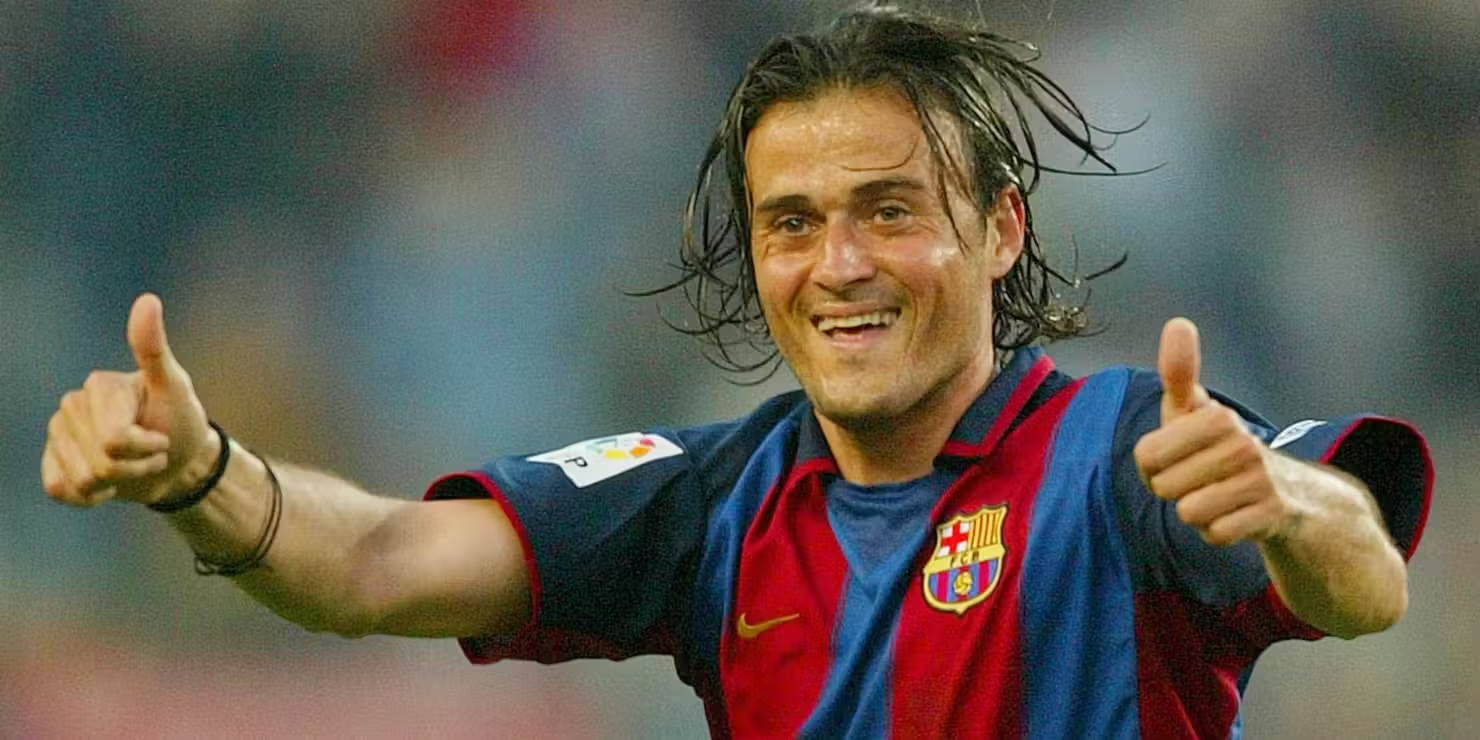
![10-Greatest-Spanish-Midfielders-in-Football-History-[Ranked]-02](https://static0.givemesportimages.com/wordpress/wp-content/uploads/2024/04/10-greatest-spanish-midfielders-in-football-history-ranked-02.jpg)
